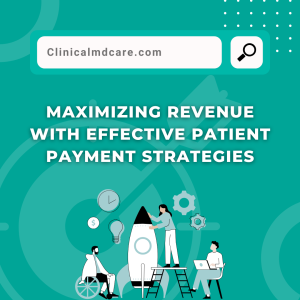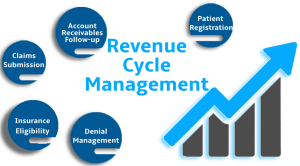Medical billing and medical coding are very important in healthcare. They ensure financial records are correct and healthcare workers get paid on time. Although they seem similar, they have different tasks. Understanding these differences can help both medical staff and patients handle healthcare better.
Medical billing is about the bills, claims and payments for medical services. Medical coding is about changing medical conditions, treatments and procedures into codes. These codes help with correct billing, following healthcare rules and getting doctors and hospitals paid. Knowing both is important for those working in medical administration or handling healthcare payments.
What Is Medical Coding?
Medical coding is the process of converting medical conditions, treatments and procedures into specific numbers and letters codes. These codes come from systems like International Classification of Diseases (ICD) and Current Procedural Terminology (CPT). Correct coding ensures medical records are accurate and doctors, insurance companies and government agencies can communicate.
Medical coders review patient records, doctor’s notes and medical reports to find the right code for each diagnosis and treatment. Their job prevents claim rejections and makes sure healthcare providers follow government rules. By using a standard coding system, medical coding keeps records accurate and doctors and hospitals get paid.
What Is Medical Billing?
Medical billing is the process of preparing claims, managing payments and following up on payments for medical services given to patients. Billing experts work with insurance companies, government health programs and patients to ensure payments are done correctly and on time. Their tasks include making claims, reviewing patient insurance details and fixing billing errors.
Medical billers play a big role in the financial aspect of healthcare. They review coded medical details, send claims to insurance companies and work on rejected claims to get healthcare providers paid. By keeping financial records correct, medical billers keep hospitals and clinics financially stable.
Key Differences Between Medical Billing and Medical Coding
The main difference between medical billing and medical coding is what they focus on. Medical coding is about turning medical details into special codes to ensure records are correct and follow healthcare rules. Coders work with patient records to organize information about diagnoses, treatments and procedures.Medical billing is about payments, claims and making sure healthcare providers get paid. Billers use codes from coders to make claims and talk to insurance companies and patients about payments. Coders keep medical records accurate, billers keep payments flowing.
How Medical Billing and Coding Work Together
Medical billing and coding work together to keep financial processes in healthcare running smoothly. Coders turn medical records into codes so claims can be created. Their job ensures all medical treatments are recorded correctly and follow healthcare guidelines.
Billers then use those codes to create and send claims, so doctors and hospitals get paid. They also fix rejected claims, check patient insurance, and talk to insurance companies about payments. Together medical billing and coding professionals make the whole payment system smooth and keep healthcare organizations financially strong.
Career Opportunities in Medical Billing and Coding
More skilled medical billing and coding workers are needed as healthcare organizations want to keep records correct and improve payment processes. Medical coders can work in hospitals, clinics, insurance companies and government offices. Their job ensures medical procedures are recorded correctly and follow healthcare rules.
Medical billers are responsible for handling payments by submitting claims, recording payments and following up on reimbursements. They can work in hospitals, billing companies and insurance offices. As healthcare changes medical billing and coding professionals will continue to be needed to keep everything running smoothly.
Conclusion
Knowing the difference between medical billing and medical coding is important if you want to work in healthcare administration. Medical coding is about labeling diagnoses and procedures with special codes while medical billing is about managing payments and claims. Both work together to keep healthcare organizations running.
If you’re interested in this field you can choose to be a medical biller or coder based on your interests and skills. Since healthcare is always growing, skilled workers in this area are in demand. Understanding these processes will lead to a successful career and a valuable role in healthcare management.












